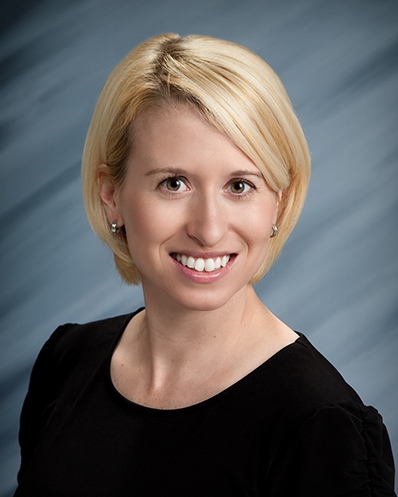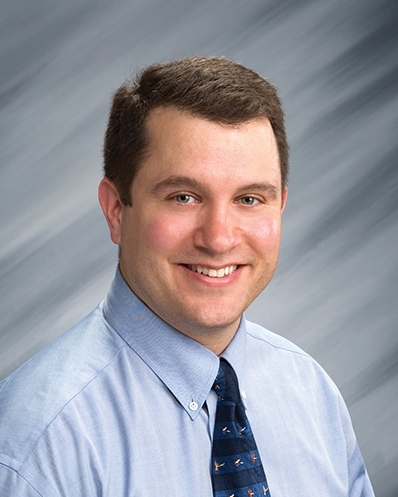Rheumatology
A busy life filled with exercise, yardwork and family activities will inevitably lead to temporary muscle or joint pain that naturally fades over time as your body heals itself. If your pain lasts longer than expected and shows little improvement, it is important to seek medical care, as untreated pain could lead to irreversible joint damage. In that case, your primary care physician may refer you to a rheumatologist who specializes in the diagnosis and treatment of musculoskeletal and autoimmune disorders, including rheumatism, arthritis and other conditions of the joints, muscles and ligaments.
Conditions We Treat:
(Click the links below to learn more)
- Ankylosing spondylitis
- Bursitis and tendonitis
- Gout and other crystal-related arthritis
- Lupus
- Osteoarthritis
- Osteoporosis
- Polymyalgia rheumatica
- Psoriatic arthritis
- Rheumatoid arthritis
- Raynaud’s syndrome
- Sjögren's syndrome
Services We Provide:
(Click the links below to learn more)


.png)


